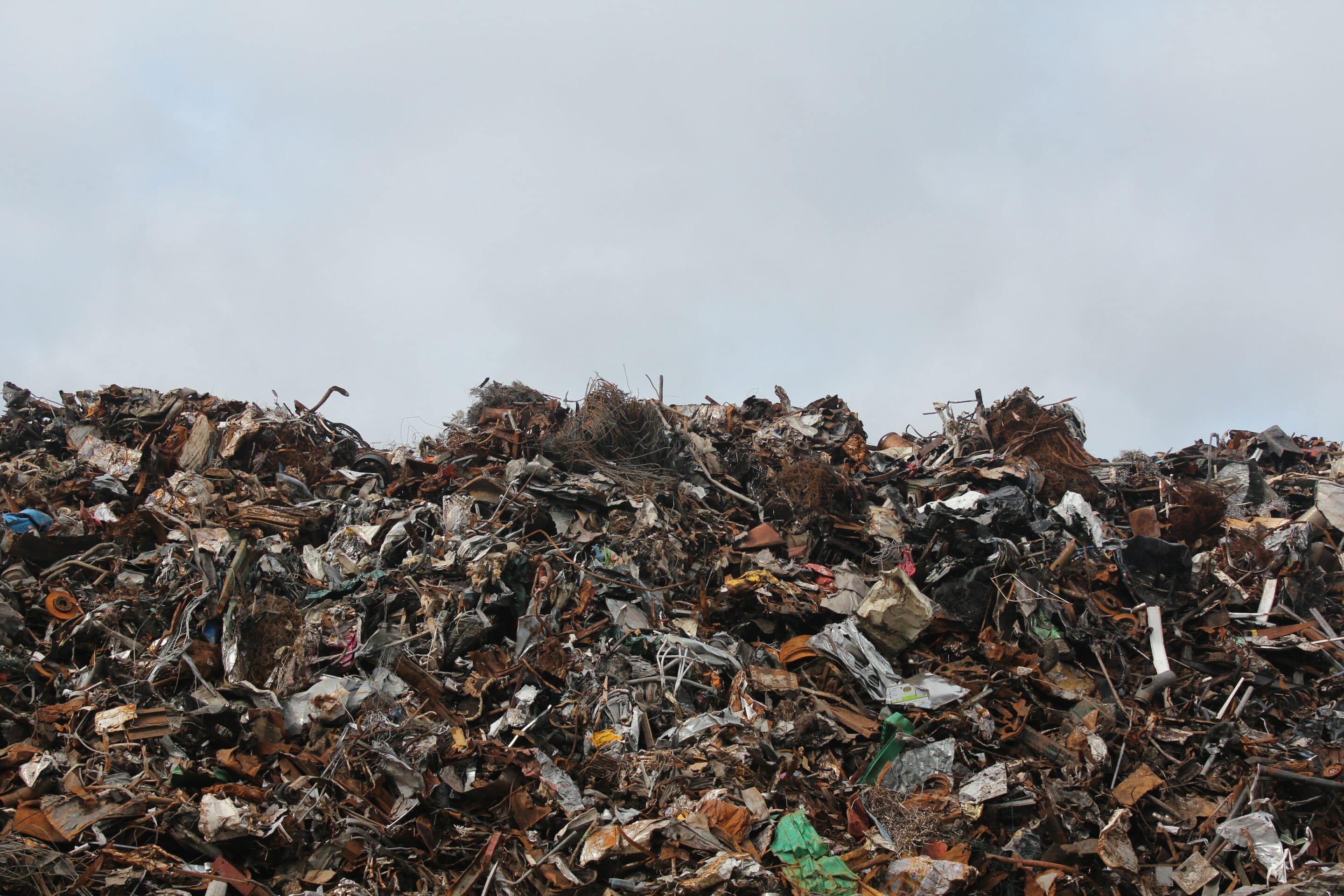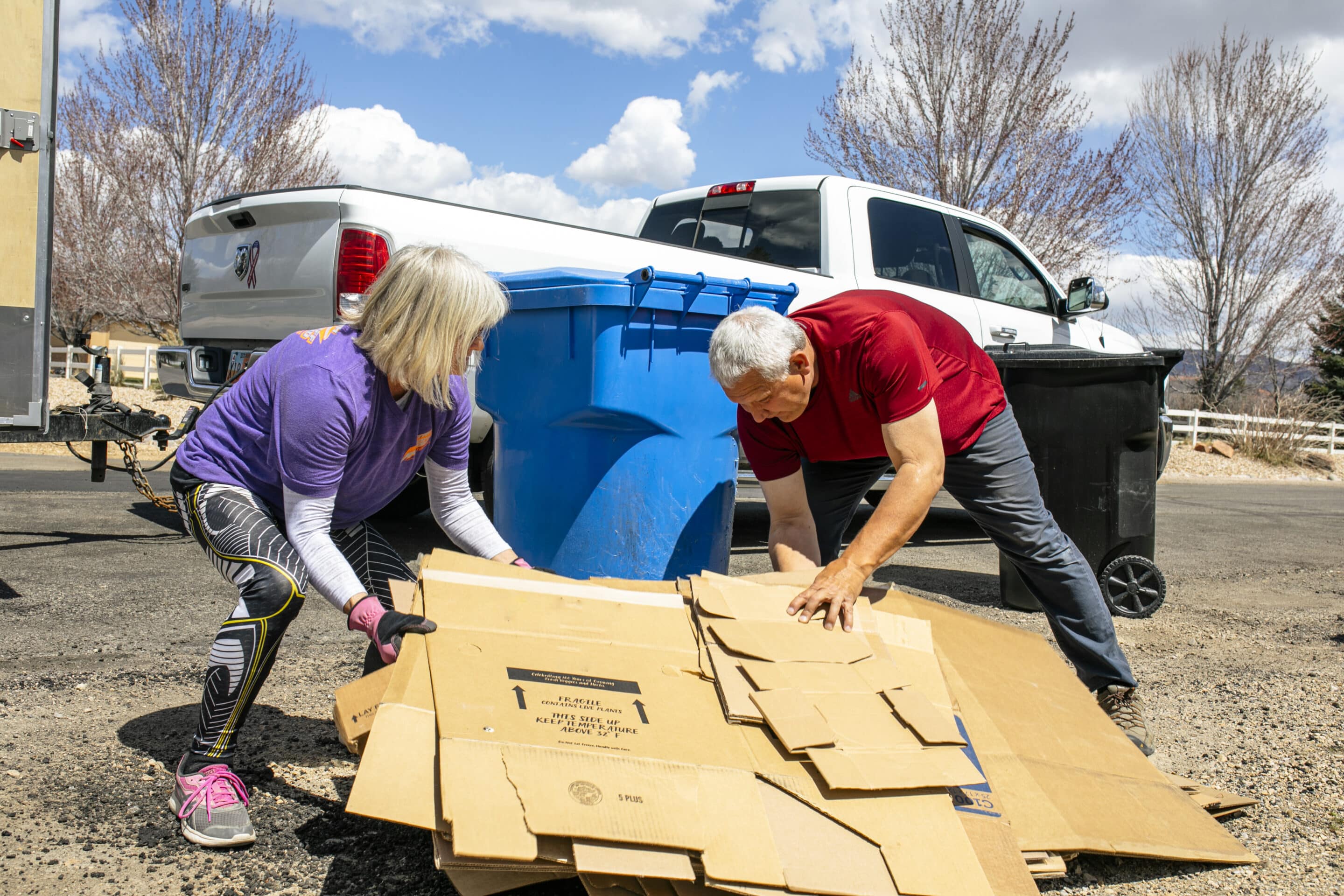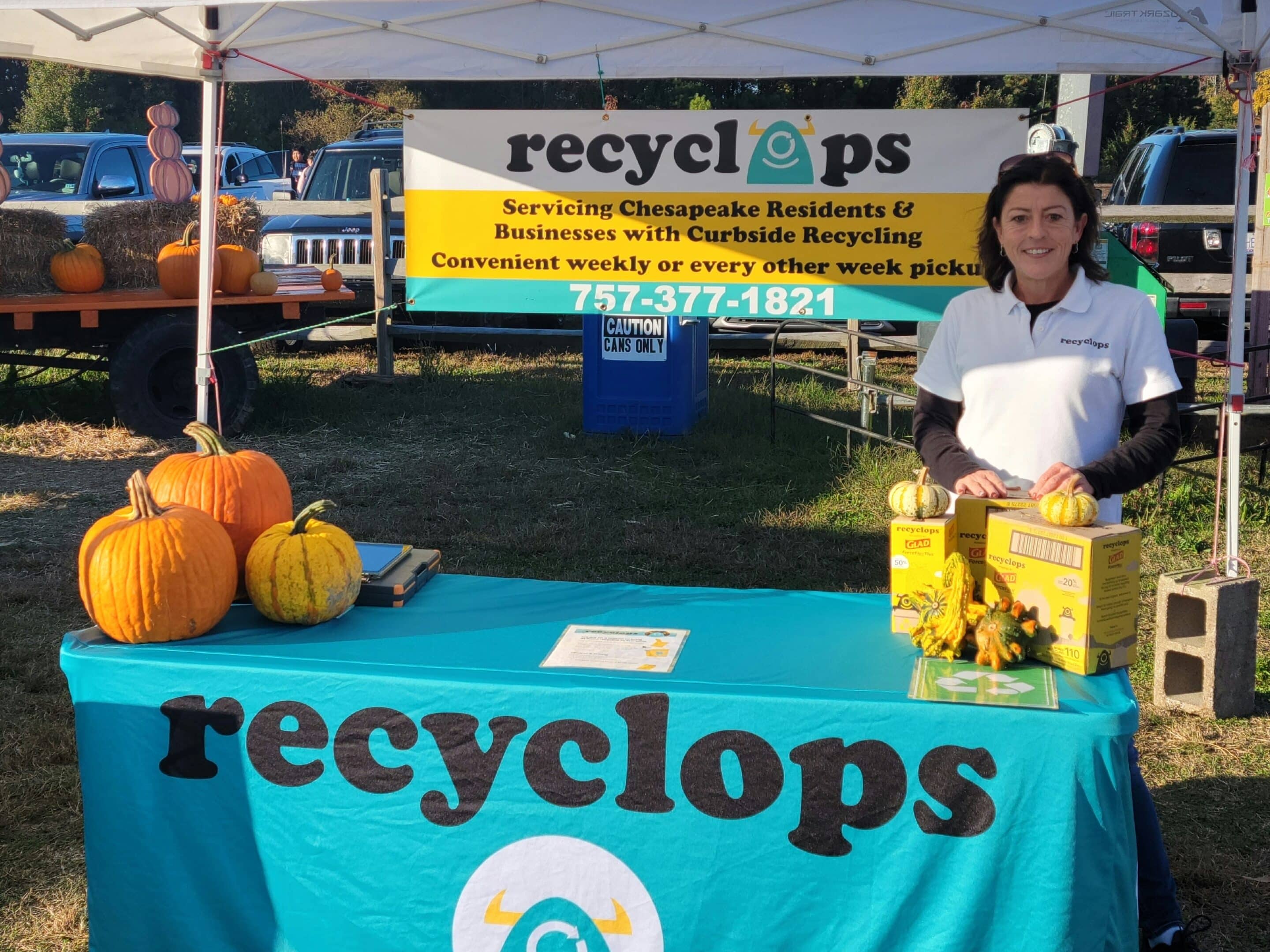Everything You Need to Know About Recycling E-Waste.
Learn more about the importance of recycling e-waste in your community here.
At Recyclops, we are committed to helping educate our customers throughout the United States about the benefits of living a sustainable lifestyle. Distinguishing the difference between recyclables and non-recyclables can create confusion when disposing of your trash.
E-waste is a general term for any consumer or commercial electronic product that’s reached the end of its useful life. The problem is that this term applies to any form of electronic technology that needs to be discarded. This creates confusion for consumers and businesses who just want to dispose of their e-waste responsibly.
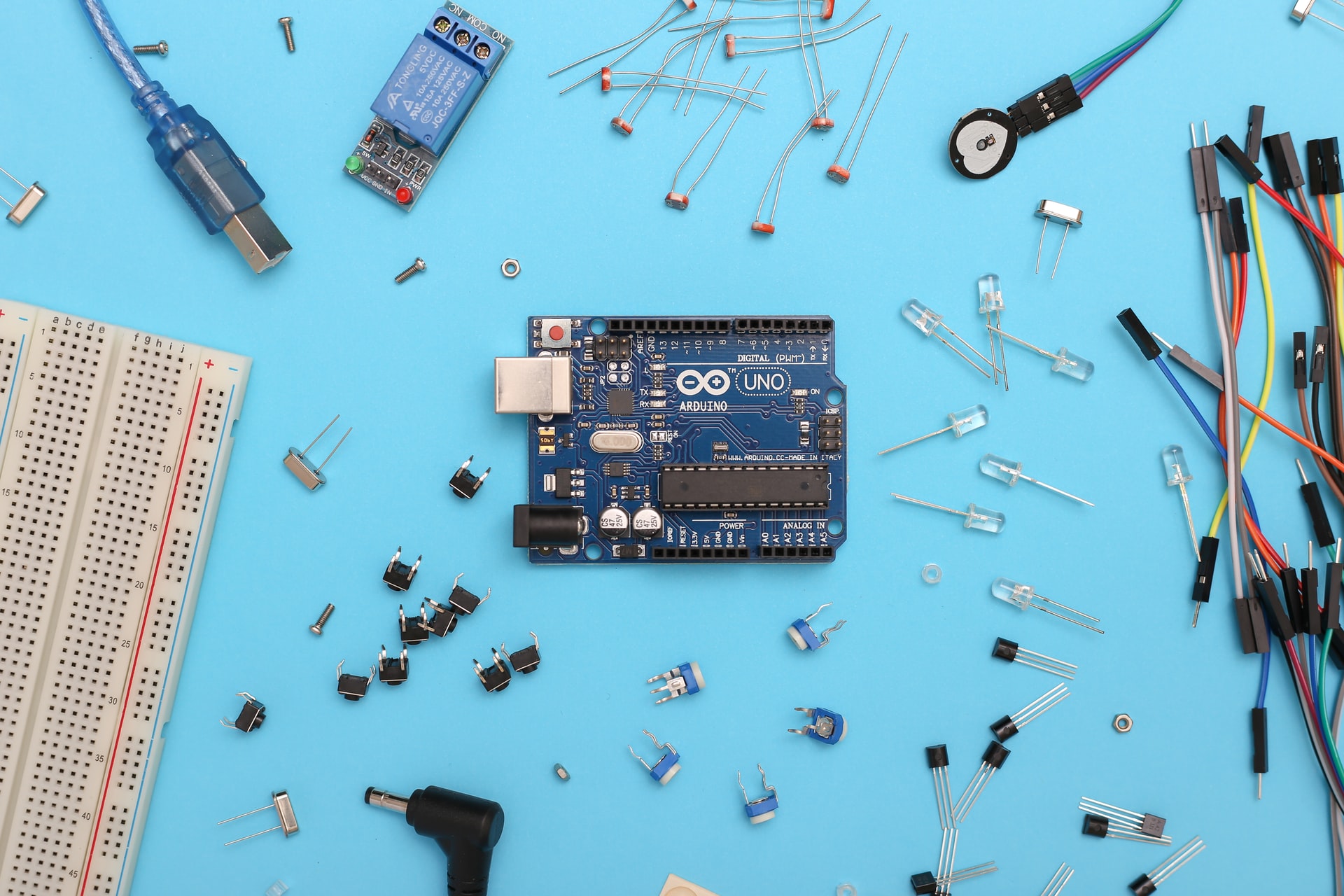
Additionally, e-waste can also be hazardous to dispose of in some instances. Certain components of some electronic products contain materials that render them hazardous, depending on their condition and density. Some materials can contain mercury, lead, cadmium, polybrominated flame retardants, barium, and lithium. These hazardous materials can harm parts of the human body including the brain, heart, liver, kidney, and skeletal system.
The same negative effects that can occur on the human body, unfortunately, can also be seen in the environment. When e-waste is not disposed of properly, it can create issues that impact all life on the planet. Some of the main issues that are created are in the form of:


Just as leaving e-waste in the soil can create contamination, when e-waste is in contact with groundwater the same can occur. Groundwater flows from the soil into our rivers, lakes, and ponds. When this groundwater is contaminated with materials such as lead, and cadmium, they leech into the water itself. This negative effect impacts all levels of the environment, entering the fish we consume and the water we drink.

When looking at this from a general perspective, something becomes clear. When e-waste is not disposed of properly, it negatively affects the environment, Which is why it’s important as ever to dispose of these electronic items more responsibly.
However, when you choose to recycle your e-waste, other benefits are seen. Many of the materials that make up our electronics can be reused in new technology. The central materials in most consumer electronics can be recycled and put into new products. Materials and components such as:
- Plastic
- Metals
- Glass
- Mercury
- Circuit Boards
- Batteries
Recycling your e-waste is now easier than ever. More companies are working to create products that are easily recycled which makes the process as a whole better for the consumer. Recyclops has put together a list of three ways to recycle the electronic waste which you can read here on the Recyclops Blog.
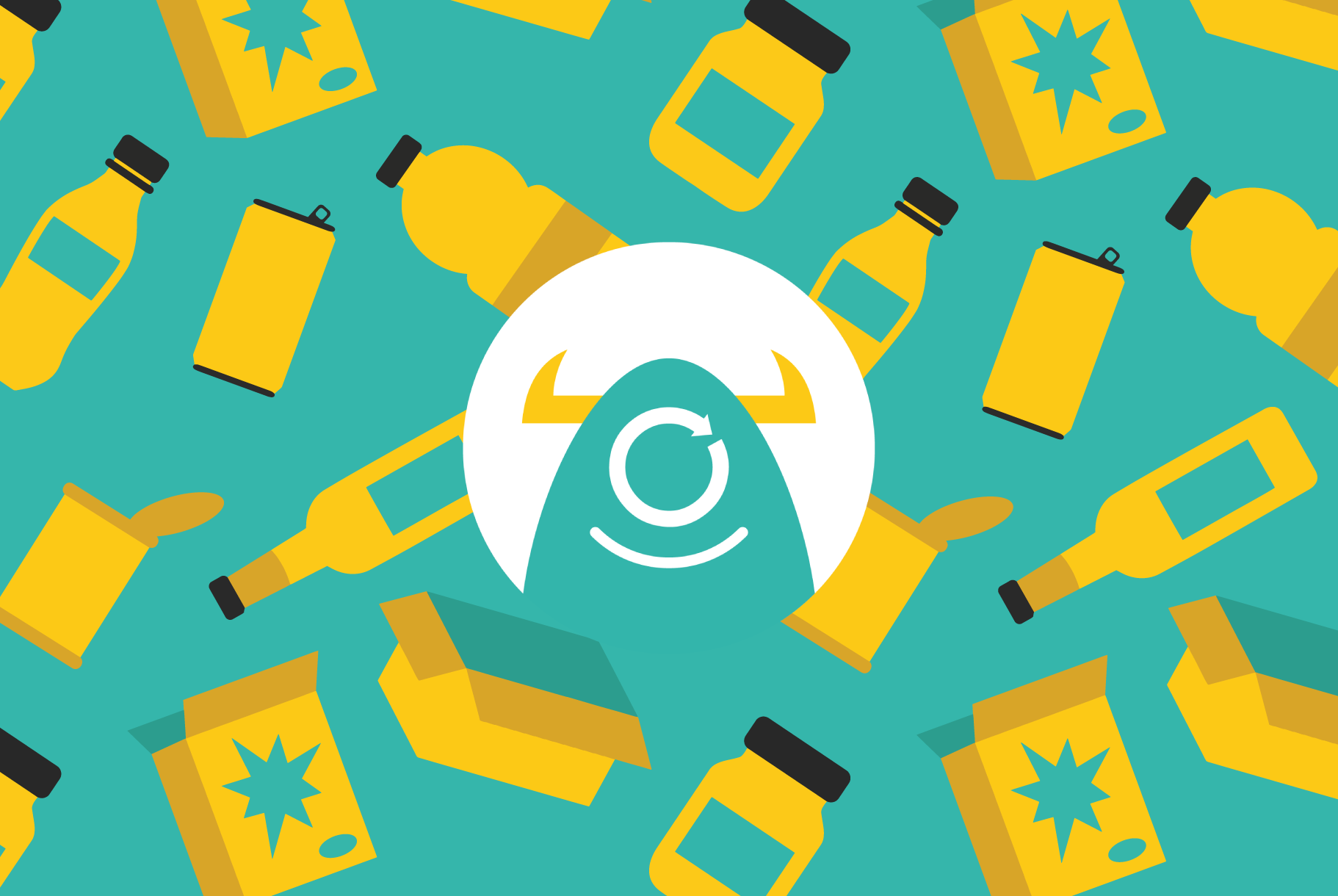
Find out more in our blog post here.
Our team at Recyclops makes it easy to recycle today straight from the convenience of your home. With our service, you know that your recyclables are going to a designated recycling facility and not a landfill. Learn more about where your recycling goes here.
Depending on your location, recycling is as easy as putting all your materials in one or more bags (depending on how many you have) and putting them right on your doorstep or curbside. Your local Recyclops driver will be there to pick up your materials and ensure they arrive at the destination. And don’t worry about making space for another bin, Recyclops bags or carts come with all our services and pickups come at your convenience.
We want to make recycling easy and simple, and that starts with recycling on your schedule.


